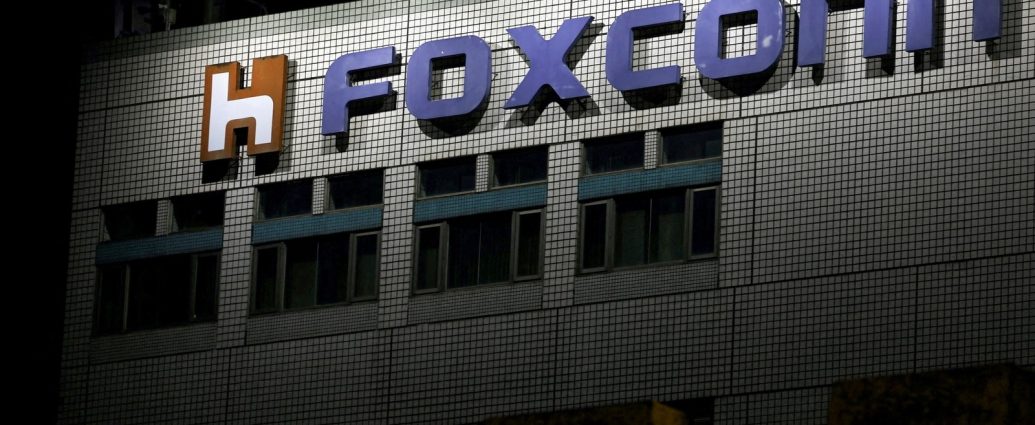A subsidiary of Taiwan’s Hon Hai Precision Industry will dispose of its indirect minority stake in China’s semiconductor giant Tsinghua Unigroup, the latest sign that Beijing’s chip industry is becoming increasingly isolated from the rest of the world.
Hon Hai’s China-listed Foxconn Industrial Internet will sell the shares to Yantai Haixiu IC Investment Center for not less than 5.38 billion yuan ($772 million), according to an exchange filing Friday.
Hon Hai said in a separate statement that it decided to sell the stake to avoid uncertainty because the investment still cannot be finalized. The company’s interest in the Chinese chipmaker, despite being relatively small, has triggered concerns from the Taiwan government because the state-backed Tsinghua Unigroup is one of the most prominent semiconductor companies in China.
China’s ruling Communist Party sees the self-governing island as a part of the mainland. A visit to Taiwan in August by then-Speaker of the House, Nancy Pelosi, raised tension between the two sides, with Beijing staging unprecedented military exercises in the waters around the island. China has continued to send warplanes on provocative flight paths in the Taiwan Strait.
Opposed Investment
Taiwan’s Ministry of Economic Affairs said in a statement on Saturday that it will still fine Foxconn for investing in Unigroup without informing the government first. Taiwan opposed the investment and wanted Hon Hai to exit the deal, according to a report by the Financial Times in October.
FII holds the stake in Unigroup indirectly through Xingwei (Guangzhou) Industrial Investment Partnership. Xingwei invested in Beijing Zhiguangxin Holdings, the parent company of Tsinghua Unigroup, via an affiliate, according to a previous filing.
Hon Hai, better known as Foxconn, is the biggest contract maker of Apple Inc.’s iPhones and operates several assembly plants on the Chinese mainland.
Tsinghua Unigroup didn’t reply to inquiries for comment from Bloomberg News out of business hours.
Beijing’s efforts to develop a self-sufficient chip supply chain at home are facing mounting challenges, with the US and its allies about to jointly restrict Chinese firms’ access to advanced semiconductor technologies.
The US government earlier this week included dozens of Chinese technology companies on its so-called Entity List, making it almost impossible for them to procure critical foreign components and ratcheting up a trade conflict between the world’s two largest economies.
Washington’s action followed the Biden administration’s implementation of tough export controls two months ago to prevent China from buying or making leading-edge semiconductors — crucial for the Asian nation to leapfrog the US in areas such as artificial intelligence and supercomputing. Key US allies, including the Netherlands and Japan, are planning to adopt at least some of the new US rules as well, Bloomberg News reported.
